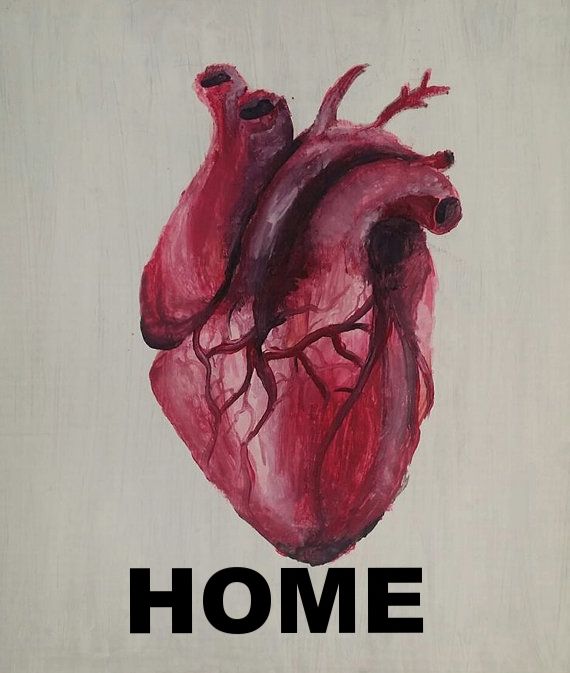I've wanted to be a doctor since I was a kid. I remember going to the Field Museum in Chicago, standing in a giant replica of heart and listen to a recording of its beating. It felt like being let in on a secret, a secret that I could use to stop heart attacks one day. Like a real super hero.
But along the way felt less sure. I worried about the ways that doctors change during their training, from the cut-throat competition in college to the hierarchical nature of training, which distances us from our patients and each other.
I studied the history of science in college, which gave me a foundation for thinking about how science can sometimes function as a religion in our culture, preventing all of us from questioning our beliefs. Less and less sure of my path, I worked with many different nonprofits, including on a leprosy history project in Brazil. It was there that I decided that I needed a skill to bring to people who needed help.
Flammarion engraving of a missionary studying the horizons
I went to Emory University for medical school, working at Grady Hospital, a busy and important safety net hospital where need always outpaces resources. It is a place that is populated by true warriors for justice and compassion, and it shaped my thinking about the power of medicine forever.
Grady Hospital
I trained in internal medicine at Cambridge Health Alliance. It is a place, like Grady, with fairness and advocacy at the core of its mission. I'm grateful to have found a home there. I worked in primary care in Everett, Massachusetts and Kent, Washington, two places that had been hard hit by the overdose crisis, before every community in America was in the pandemic. I didn’t know how to treat opioid use disorder but I committed to learning because that is what was killing so many of my patients. I am so lucky to have had great mentors, and went back to complete a fellowship at the University of Washington in Seattle.
To me, medicine is always an act of social justice or injustice. We engage with the ethical quandaries of our role, our patients’ circumstances, our community, or we perpetuate the pathologies of power. But until I completed my fellowship I did not have a guiding philosophy to reconcile the harms that we sometimes unwillingly perpetuate. I have since found harm reduction, which has provided the moral clarity needed to keep going. I work in addiction and primary care now in my hometown of Chicago at the University of Illinois-Chicago, doing mobile outreach and starting methadone and suboxone in our various clinics. I am lucky to be home, and thrilled to be part of undoing the harms done to my fellow Chicagoans, along with an amazing group of colleagues.
My writing
My writing explores the view from a resident and later, primary care doctor, grappling with what it means to provide ethical care in a dysfunctional and often unethical system.
“There are untold joys in medicine. Every day, at least one patient thanks me for looking into her eyes and reassuring her. Patients tell me things large and small that they have never told another soul, the “holy secrets” that confirm our shared humanity and our infinite diversity.”






